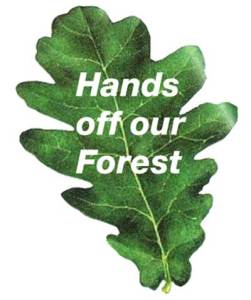One of the universal symbols of peace is the white dove.
When I met Joan Levine she seemed to me an ordinary little old lady, a tiny sparrow of a woman.
But I soon realised that Joan was a formidable thinker, an immensely important local campaigner and a tireless activist. And she had for much of her adult life been active in the Communist Party.
 Throughout her life she fought continuously for justice and human rights in the name of the voiceless and the poor of the world.
Throughout her life she fought continuously for justice and human rights in the name of the voiceless and the poor of the world.
FACTS AND EVIDENCE:
I discovered that her world view was built on the meticulous gathering of facts and evidence. File after file organised by topic – “campaign against the arms trade”, “Palestine”, “nuclear power”, “Yugoslavia”, “Trident submarines”, “Iraq”, and so on. Together they represented a register of the many concerns which shaped her life.
The files held clippings with references and notes, sections highlighted, paragraphs under-scored. There was endlesss campaign correspondence, newsletters and briefings. Most revealing were letters of frustrated replies from successive MPs. From Paul Marland and Diana Organ to our current MP, Mark Harper. How dare this little old lady from Coleford hold us to account with her endless facts and sound moral reasoning?
Joan’s husband, Maurice, fought in the Spanish Civil War. She spoke of her husband’s commitment with quiet pride, yet would only do so when invited. To her it seemed the most natural thing in the world. To Joan a life of holding the powerful to account, of fighting for the rights of the many, was just as natural.
DEBATE WITH ACTIVISM:
I remember that Joan was often the last to speak during meetings. It was then that her formidable mind revealed itself. Her incisive views always made our wandering debate seem like mere waffling, but she was never condescending. Instead her logic enabled the rest of us to catch up, while she moved on to propose an action. To her, all debate was pointless without action and, in her heart, Joan was all about activism.
So together we stood in the rain. We marched around US military bases under grey skies and paraded past the Houses of Parliament in the largest march in British history. Joan and the late Ralph Anstis got themselves thrown out of the Co-op collecting signatures for a petition against the invasion of Iraq. And, with the late Wendy Corum, Joan was a key part of Forest of Dean CND. She campaigned for pensioners’ rights. But more than anything she was against war.
I am sure that you all know the purpose of CND. Joan’s archives reveal that this campaign is the one she saw as the most pressing. And rightly so, in my view. While the Cold War may be over, Joan was acutely aware that the world still has more than 15,000 nuclear missiles. What could be more despicable than the targeted killing of millions of innocent civilians in nuclear war?
Joan remained an activist for as long as she was able. This little sparrow may have flown. But her legacy is the sum of all the good she did in her own time, and the new generations she inspired, of which I am proud to have been but one.
CARL SPIBY
a version of this was read by Diana Gash at Joan’s funeral


